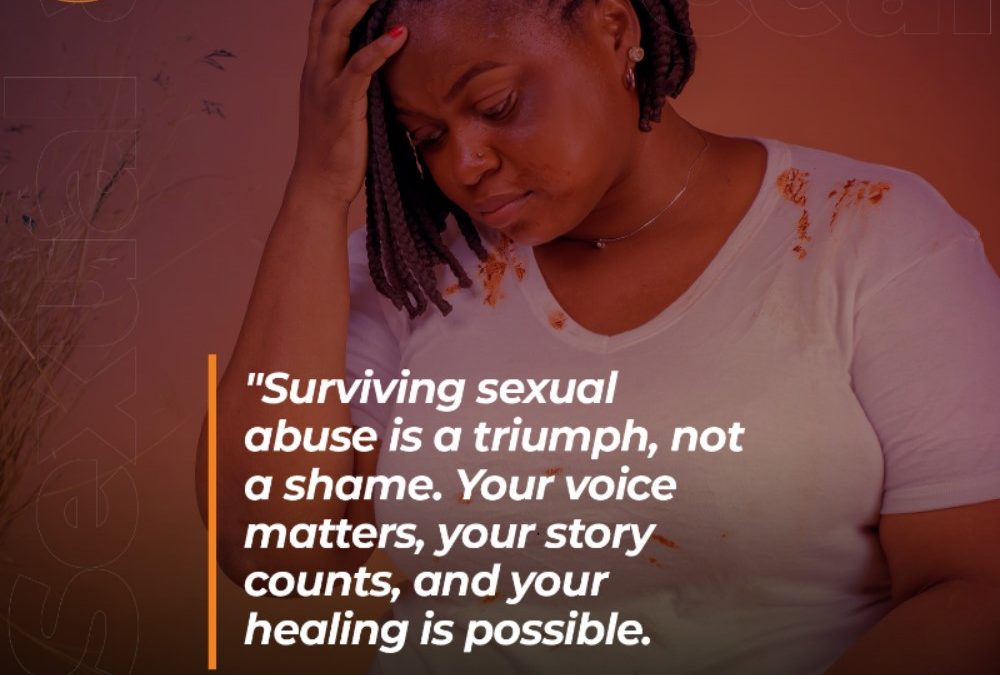Sexual abuse refers to non-consensual sexual behavior or contact, including physical, emotional, or psychological manipulation or exploitation. It can take many forms, such as:
Touching or fondling
Rape or sexual assault
Sexual harassment or bullying
Incest or childhood sexual abuse
Sexual exploitation or trafficking
Non-contact abuse, such as exhibitionism or voyeurism
Sexual coercion or manipulation
Emotional or psychological abuse with sexual undertones
Sexual abuse can be committed by anyone, including:
Strangers
Family members or relatives
Friends or acquaintances
Authority figures, such as teachers or coaches
Romantic partners or spouses.
Healing from sexual abuse is a deeply personal journey that takes time, patience, and support.
Recognizing and accepting what happened is an important first step. It can be painful, but acknowledging the trauma can help in moving forward.
Therapists and counselors who specialize in trauma and sexual abuse can provide valuable support and guidance. They can help you process your emotions and develop coping strategies.
Surround yourself with trusted friends, family, or support groups who can offer empathy and understanding. Talking to others who have had similar experiences can be very comforting.
Taking care of your physical and emotional well-being is crucial. Engage in activities that bring you joy and relaxation, whether it’s exercise, hobbies, or spending time in nature.
Establish boundaries that make you feel safe. This might involve limiting contact with certain people or situations that trigger you negatively.
Learning about the effects of trauma and the healing process can empower you and help you understand your feelings and reactions.
Healing is not a linear process. There will be good days and bad days. Allow yourself to feel and process your emotions without judgment.
Different methods work for different people. Some find comfort in creative expression like art or music therapy, while others may benefit from mindfulness, meditation, or yoga.
It’s okay to ask for help and take things at your own pace. Healing from sexual abuse is a journey, and every step you take is a testament to your strength and resilience.
Sexual abuse is never the victim’s fault, and it’s important to prioritize consent, respect, and boundaries in all interactions.
Let’s work together to create a culture of consent, respect, and support for all survivors of sexual abuse.

